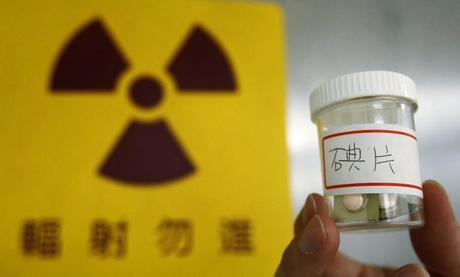
The Biochemical Effects of Iodine
There is much confusion about iodine supplementation both as an optimal health and disease prevention strategy as well as a therapy for hypothyroidism. Individuals suffering from hypothyroidism are often told to not use potassium iodide supplements and to also avoid iodine containing foods such as seaweed and shellfish over fear that they will have a reaction to iodine supplementation that could worsen their condition. However, most people consuming a Westernized diet tend to be deficient in this highly important mineral. So should you or should you not use a potassium iodide supplement for hypothyroidism? Part 2 of the Thyroid Health Program explains how to read your own body to assess whether or not you need an iodine supplement, and how to properly titrate the dosage to prevent an iodine reaction causing hypothyroid and/or hyperthyroid symptoms.
Contents:
Introduction
Elements of the Body
The Effect of Iron Deficiency on Iodine and Thyroid Function
Major Roles of Essential Elements in Biological Systems
Nutrient & Toxicant Interaction
Bioavailability of Elements
Choosing the Best Specimen for Element Testing
Blood
Hair
Urine
Iodine
Iodine toxicity
Assessing Iodine Status
Iodine Deficiency: Thyroid Function Tests
Indirect Iodine Measurements
Iodine Excess: Thyroid Function Tests
Effects of Iodine Nutritional Status on Thyroid Function Tests
Clinical Protocols for Lowering Bromide and Fluoride in the Body
The Reactivity Trend of the Halogens (Group 7 of the Periodic Table)
Repletion of Iodine
Summary
References

